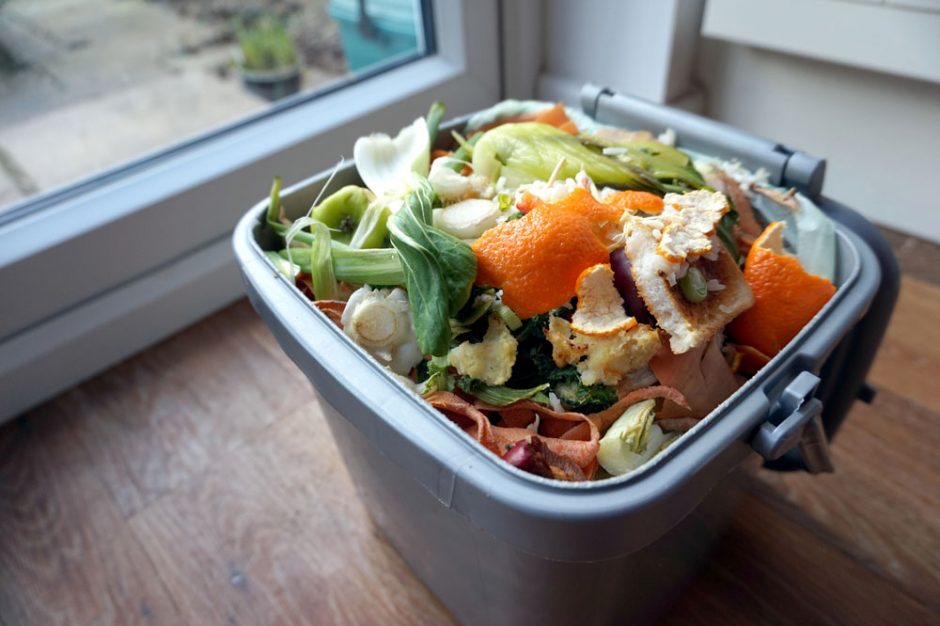The Deep Roots of Chinese Cooking in Thai Cuisine
Discover how Chinese cooking has shaped the gastronomic evolution of Thai cuisine!
Discover the authentic in Asian cuisine food

It is unbelievable how much good food is wasted by the average Australian family. Food loss and waste is a serious global issue with negative impacts on the environment. This highlights huge inefficiencies in our practices in the food supply chain from farm to fork.
One third of all food produced in the world is lost or wasted, representing around 1.3 billion tonnes of produce, costing the global economy close to $940 billion each year. 4 million tonnes of food end up as landfill in Australia, enough to fill 8,400 Olympic sized swimming pools. According to the Sustainability Victoria campaign Love Food Hate Waste, in Victoria alone, households throw away 250,000 tonnes of food every year—enough wasted food to fill Melbourne’s Eureka Tower.
64,500 tonnes of bread, pastry and biscuits
51,000 tonnes of pre-prepared and home cooked meals
35,000 tonnes of dairy and eggs
31,500 tonnes of fresh vegetables
25% to 35% of our garbage bins is made up of avoidable food waste!
The average Victorian household throws out $2,200 worth of food each year—about $42 a week. Collectively, Victorians throw away $700 million worth of leftovers. One fifth of the yearly grocery budget is wasted—that is one out of every five grocery bags.
We all remember how, as children, our mums would tell us to finish all the food on our plate and not to waste any of it. Some of us were also “very lucky” to hear motherly lectures on how hard the farmer worked, how children in poorer countries went to sleep hungry and how blessed we are to have so much. Rings a bell? With over 60% of the food that ends up in landfills originating with us—the consumers—it is high time we took a close look at our own behaviour and our relationship with food. It would be useful to do some personal reflection into our deep-rooted attitudes and behaviours.
We live in a society of affluence where food and shops are plentiful. Food is relatively cheap in comparison to a few decades ago. In the ’70s, one third of household budgets was spent on food. Today, it is only 17%. We believe that food waste is unavoidable and part of life. Isn’t it time we applied some ancient wisdom in our modern kitchens? Responsible food preparation and fridge/pantry management takes some planning and time. Our grandmothers’ and mothers’ attitudes to food management can be quite different to ours, but so were their ways of life. Gaining inspiration from traditional Asian cuisine practices, a simple and appetizing solution could be to apply leftover ingredients into one-pot stews, simple stir fries or congee.

Discover how Chinese cooking has shaped the gastronomic evolution of Thai cuisine!

Crispy outside, savoury and tender within, these noodle-wrap prawns are sure to delight!
-300x200.jpg)
Enjoy the rosy layers of sweet Kuih Lapis with our step-by-step recipe!